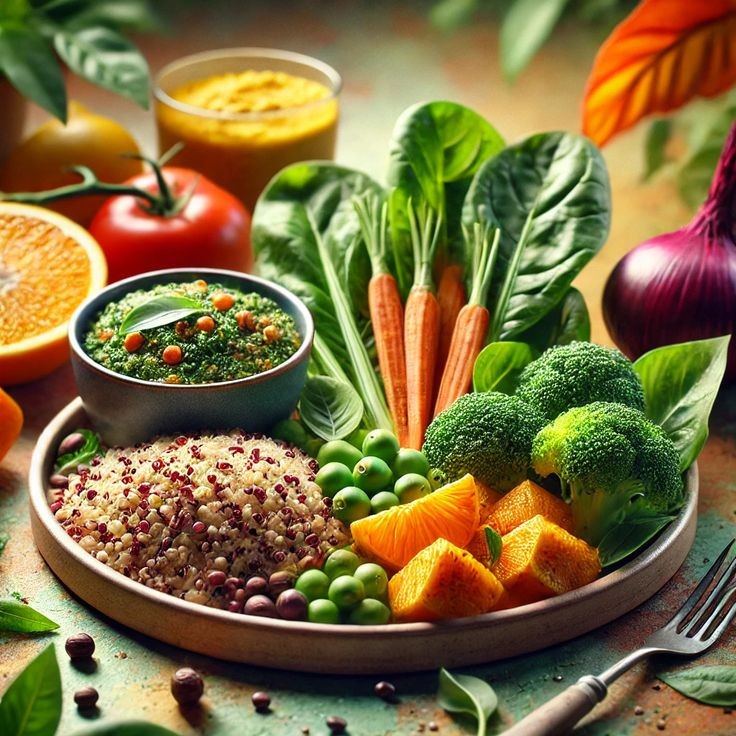
The Truth About Organic Food: Is It Really Healthier?
LoveFoodReadyMeals – Organic food has become a buzzword in recent years, often seen as the gold standard for healthy eating. From supermarket shelves to farmers’ markets, products with the organic label promise fewer chemicals, better nutrition, and eco-friendly practices. But the big question remains: is organic food truly healthier, or is it just a marketing trend?
What Makes Food “Organic”?
For a product to be labeled organic, it must meet strict farming standards. This usually means:
- No synthetic pesticides or herbicides
- No genetically modified organisms (GMOs)
- Animals raised without growth hormones or routine antibiotics
- Farming methods that support soil health and biodiversity
Essentially, organic farming emphasizes sustainability and natural processes over industrial shortcuts.
“Read More : The Best Snacks for Dieting Without Guilt”
Nutritional Differences: Fact or Myth?
Several studies have compared the nutrient content of organic and conventional foods. While the results vary, there are some consistent findings:
- Fewer chemical residues: Organic produce generally contains lower levels of pesticide residues, which is one of its biggest selling points.
- More antioxidants: Some research shows that organic fruits and vegetables may contain slightly higher levels of antioxidants, compounds linked to reducing the risk of chronic disease.
- Similar vitamins and minerals: For core nutrients like vitamin C, iron, and calcium, the differences between organic and non-organic foods are often minimal.
So, while organic food may have an edge in some areas, it is not dramatically more nutritious in every category.
The Health Factor
One of the main reasons people choose organic is to avoid synthetic chemicals. Long-term exposure to pesticides has been linked to health concerns, making reduced exposure a valuable benefit of going organic. For families with young children, switching to organic produce may reduce pesticide intake significantly.
However, it’s important to remember that eating more fruits and vegetables — organic or not — is far more important than the label on them.
Environmental Benefits
Where organic food shines most is in its environmental impact. Organic farming often uses practices that conserve water, build healthier soils, and encourage biodiversity. By choosing organic, consumers indirectly support farming systems that are kinder to the planet.
“Read More : American Tourists in Singapore Shocked by Food Prices: “Not a Place for the Poor””
The Price Debate
Organic food usually comes at a higher cost, which can be a barrier for many people. But experts suggest a balanced approach: if going fully organic isn’t possible, prioritize certain “high-residue” foods (like strawberries, spinach, and apples) while buying others conventionally.
Final Thoughts
So, is organic food healthier? The answer depends on how you define health. If health means fewer pesticides and a lower environmental footprint, then yes, organic food holds clear advantages. But nutritionally, the differences are smaller than many assume.
At the end of the day, the healthiest choice is a balanced diet rich in fruits, vegetables, whole grains, and lean proteins — whether organic or not.